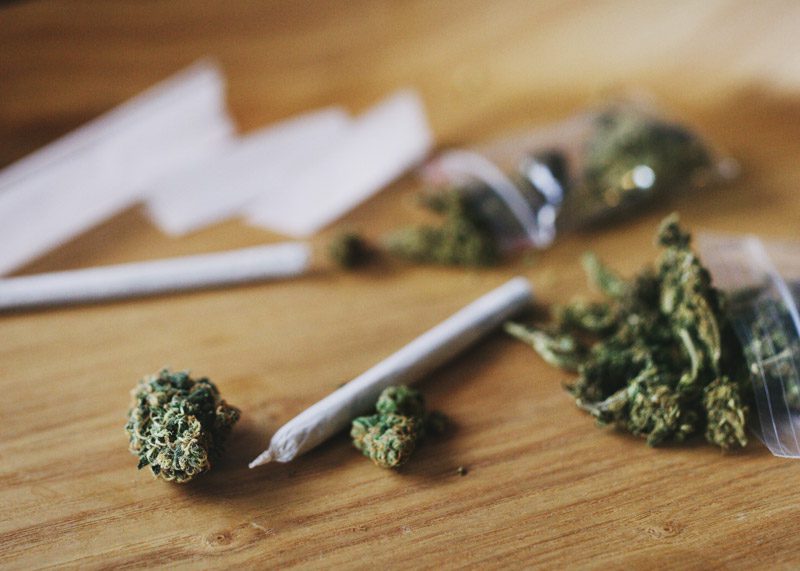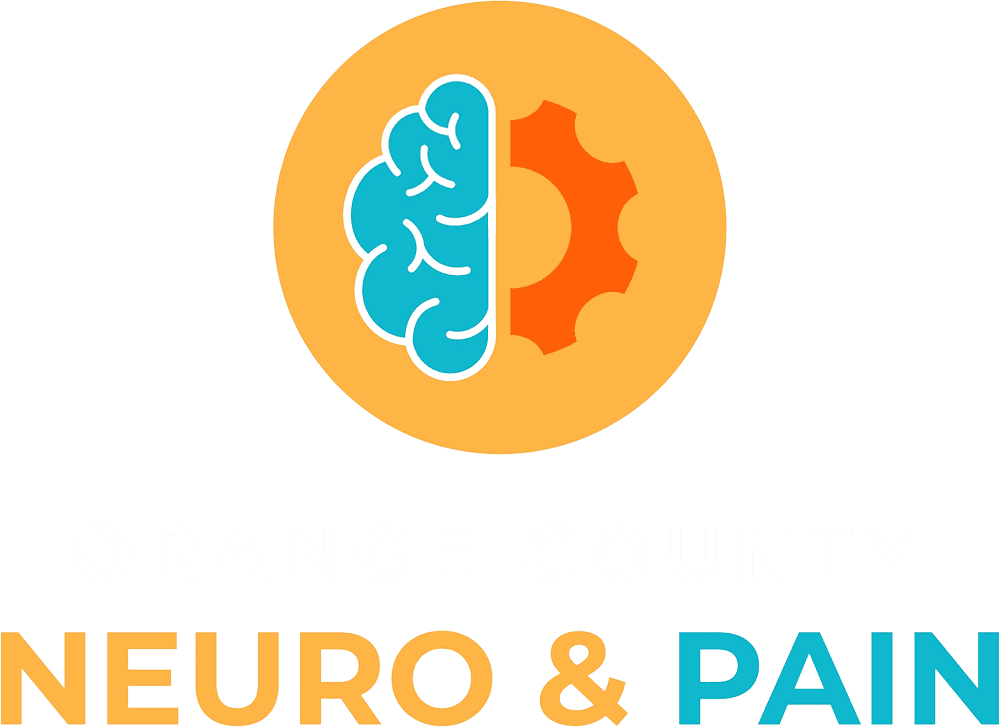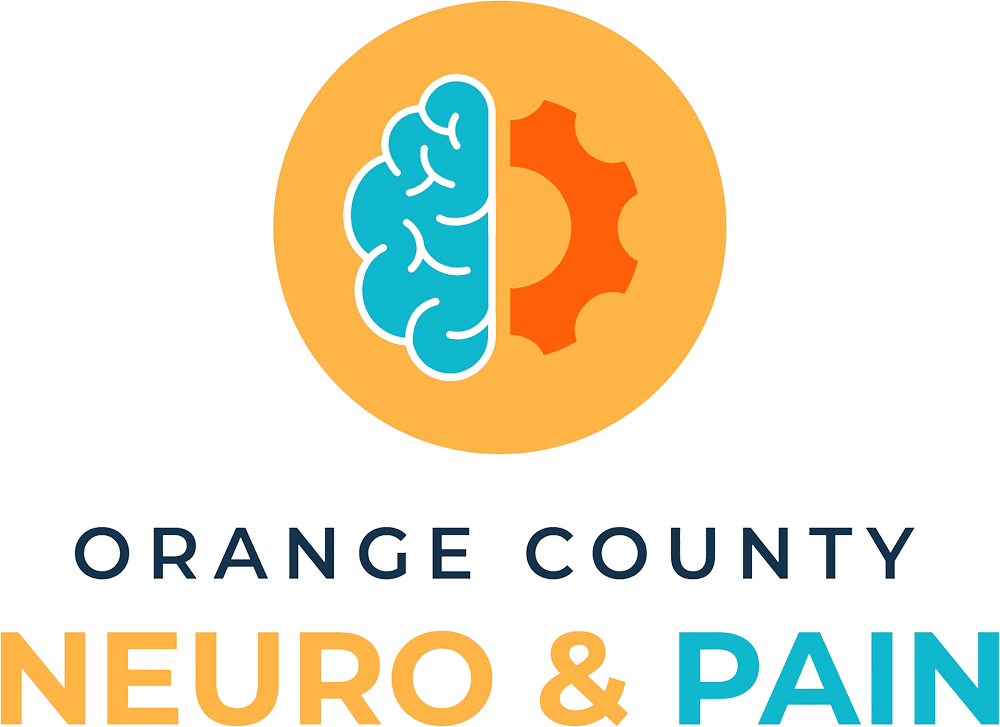

Marijuana is the most commonly used illicit drug in the United States, and it can be abused like any other substance. Marijuana abuse can lead to addiction, which can have negative consequences on a person’s physical and mental health, as well as their relationships and daily functioning.
What is Marijuana Abuse?
Marijuana abuse is defined as using the drug in a way that negatively affects a person’s life, such as using it excessively, using it despite negative consequences, or using it as a coping mechanism. Some signs of marijuana abuse may include neglecting responsibilities, using the drug in dangerous situations, experiencing withdrawal symptoms when trying to quit, or feeling a compulsive need to use the drug.
Marijuana addiction, also known as cannabis use disorder, is a recognized mental health condition characterized by a person’s inability to stop using the drug despite negative consequences. Like other substance use disorders, marijuana addiction can be mild, moderate, or severe, depending on the number and severity of symptoms present.

Symptoms of Marijuana Abuse
Some of the symptoms of marijuana addiction may include increased tolerance to the drug, withdrawal symptoms when trying to quit, difficulty controlling use, spending excessive time and money on the drug, neglecting responsibilities, and using the drug despite negative consequences. Marijuana addiction can also have negative effects on a person’s mental health, such as causing anxiety, depression, or psychosis.
Marijuana addiction can also have negative consequences on a person’s physical health. Smoking marijuana can lead to respiratory problems, such as chronic bronchitis or lung cancer. It can also cause heart problems, such as increased heart rate and blood pressure, which can increase the risk of heart attack or stroke. Additionally, marijuana use can impair a person’s ability to drive, operate machinery, or perform other activities that require attention and coordination.
Risk Factors For Marijuana Abuse
There are several factors that can increase the likelihood of developing a substance abuse problem. These may comprise poverty, family history of addiction or mental illness, insufficient parental engagement, abuse, personal mental health conditions including anxiety and depression, and learning disorders, as well as ADHD.
On the other hand, certain protective factors could aid individuals in avoiding substance use disorders. These protective factors include strong support from extended family, appropriate discipline practices from parents, language-based discipline, and a supportive peer group. These factors can help counteract some of the risk factors associated with substance abuse disorders.
Ketamine Treatment For Marijuana Abuse
Ketamine infusion is being researched as a potential treatment for addiction, including marijuana abuse. The drug has been found to have a rapid antidepressant effect, which may help individuals struggling with addiction. Ketamine works by triggering a neurotransmitter called glutamate and blocking a specific receptor in the brain that regulates mood and anxiety. The drug can be administered in various ways, including intravenous (IV) infusion. Patients should speak to their doctor to find out if ketamine is an effective treatment for their marijuana abuse.

